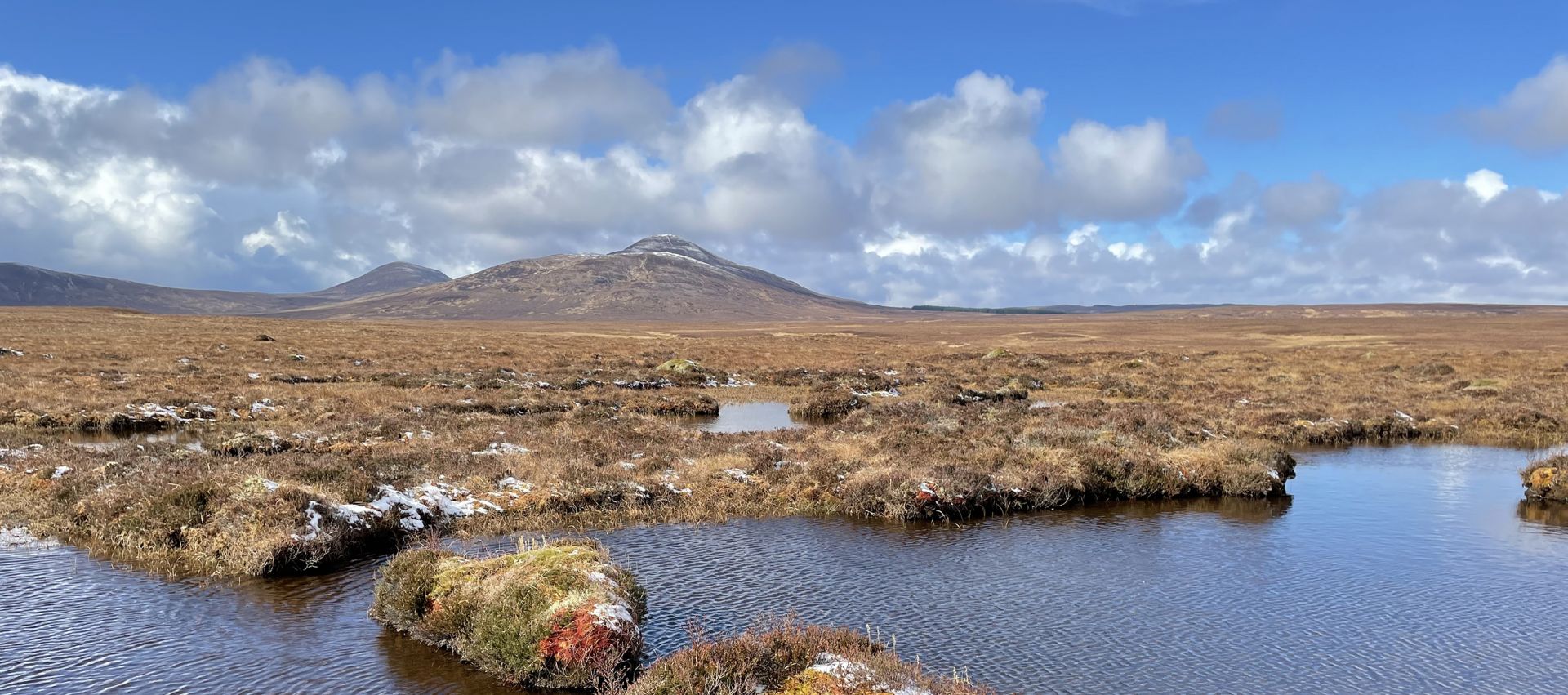Media Releases
Tropical scientists deliver a ‘World-first’ in Scotland

The Great Barrier Reef and the peat bogs of Scotland are almost a world apart, but two Townsville scientists have played an important role in assessing the impacts of climate change in an area being nominated for World Heritage listing.
James Cook University physicist, Associate Professor Scott Heron, and Dr Jon Day, formerly a Director at the Great Barrier Reef Marine Park Authority, applied the Climate Vulnerability Index (CVI) – a systematic and rapid assessment tool they developed to assess the impacts of climate change.
The CVI was initially designed to assess various World Heritage properties, but its application has now expanded to other protected areas.
“Climate change is the fastest-growing global threat to the world’s natural and cultural heritage,” Associate Professor Scott Heron said. “We designed the CVI as a rapid assessment tool that considers the key values of a site, its vulnerabilities, and its significance to the community. It means we can identify challenges for management, and opportunities for adaptation and risk mitigation.”
The CVI has been used to assess a range of World Heritage properties, but this was the first time the tool has been used to assess a location as part of its nomination for World Heritage.
“The Flow Country is a vast area covering 190,000 hectares across much of northern Scotland,” Jon Day said. “What is not well known is that these peat bogs store around 400 million tonnes of carbon. That’s more than all the UK’s forests and woodlands combined, so protecting this area is of international significance.”
With their Scottish colleagues, Associate Professor Heron and Dr Day applied the CVI to assess the impacts of climate change on eight key values and processes of significance within the Flow Country.
“We assessed each of the key values against a list of potential climate stressors, considering current management practices, and this helped to identify the likely climate impacts over the next 30 years,” Associate Professor Heron said.
“The workshop confirmed that while the Flow Country overall was in good condition, some changes have occurred, and these effects are likely to continue as climate change accelerates.
“On a positive note, it was highlighted that the Flow Country peatland is a highly resilient ecosystem if cared for appropriately.”
Dr Steven Andrews, the Flow Country Partnership’s World Heritage Project Coordinator commented: “This was a hugely significant visit for the future of the Flow Country. With the help of our Australian colleagues, we are getting a head start in assessing future climate impact on this vitally important landscape.”
If successful, the Flow Country will become Scotland’s only mainland World Heritage property listed solely for its natural values, and only the fourth in Great Britain and Northern Ireland.
The bid is scheduled to be submitted to UNESCO by the UK Government by the end of 2022, and the outcome is expected to be decided in the following years after a site inspection.
The Climate Vulnerability Index (CVI)has now been applied in a variety of natural World Heritage properties, from Shark Bay in Western Australia to the High Coast/Kvarken Archipelago in Finland and Sweden, and in a diverse range of cultural World Heritage properties, from the Old and New Towns of Edinburgh to Kilwa Kisiwani in Tanzania.
The James Cook University (JCU) visit to the Flow Country was supported by funding from the Royal Society of Edinburgh and Historic Environment Scotland.
linden.woodward@jcu.edu.au